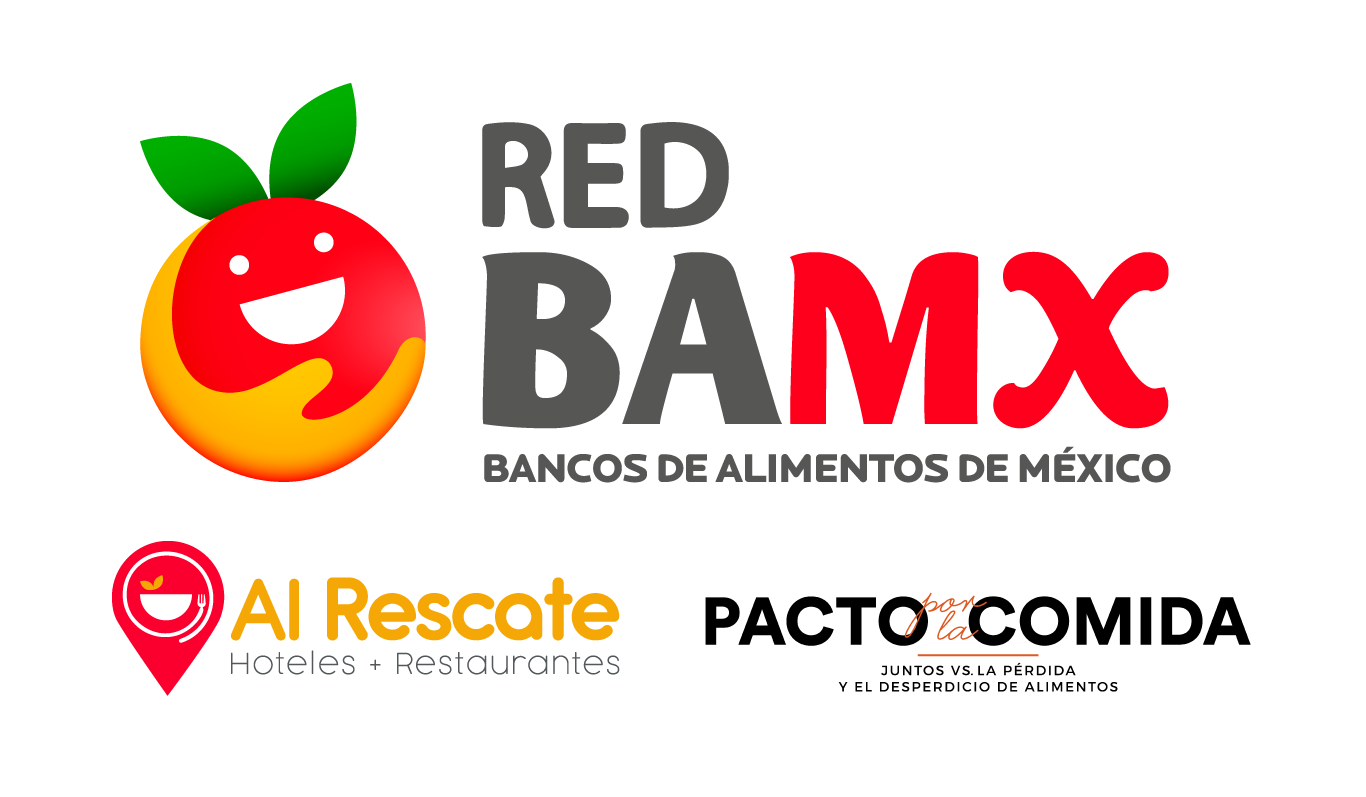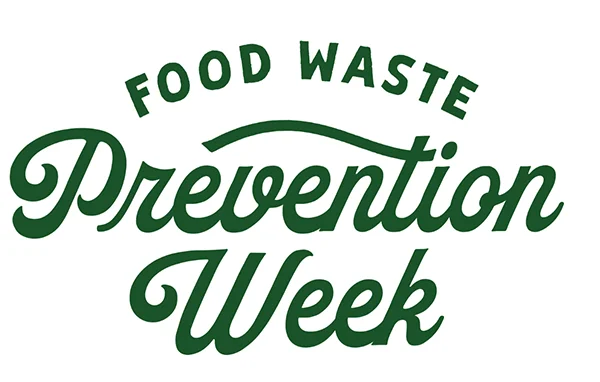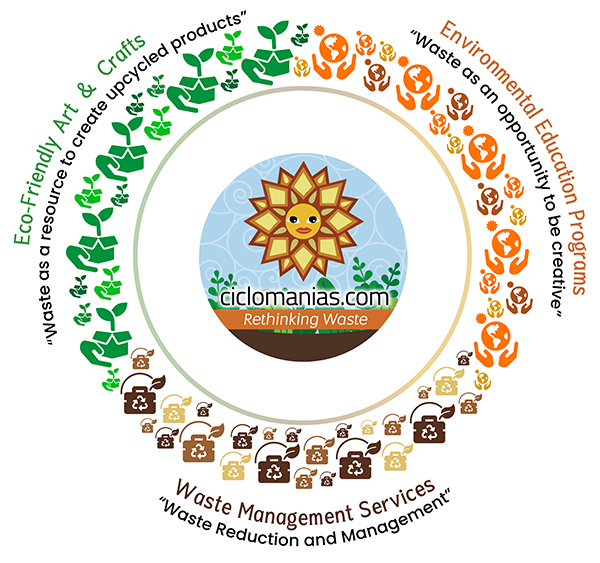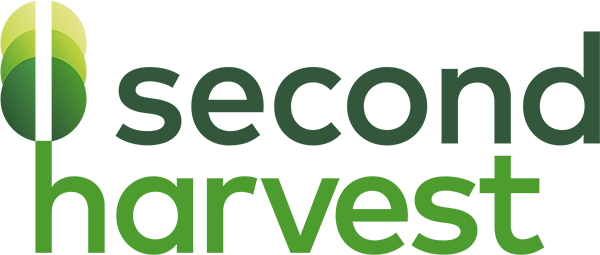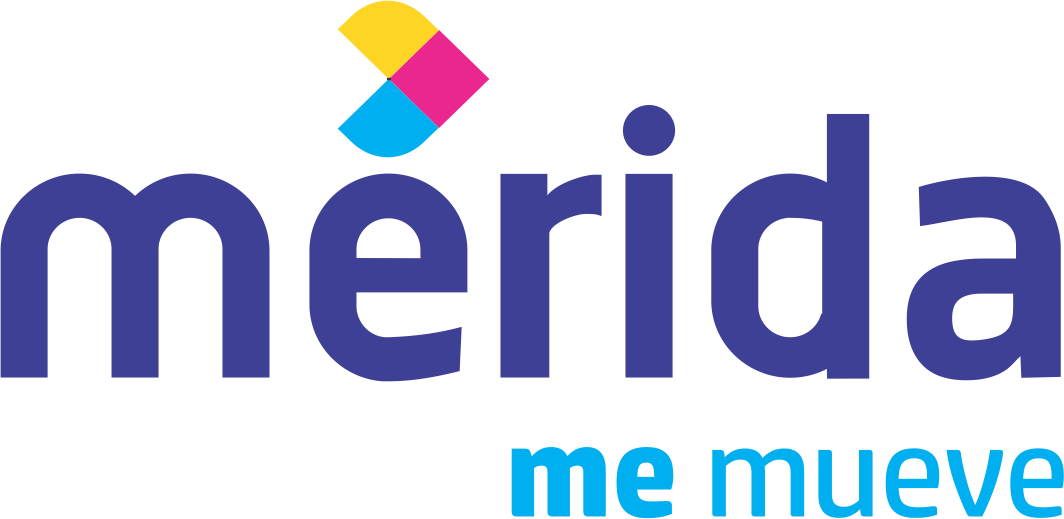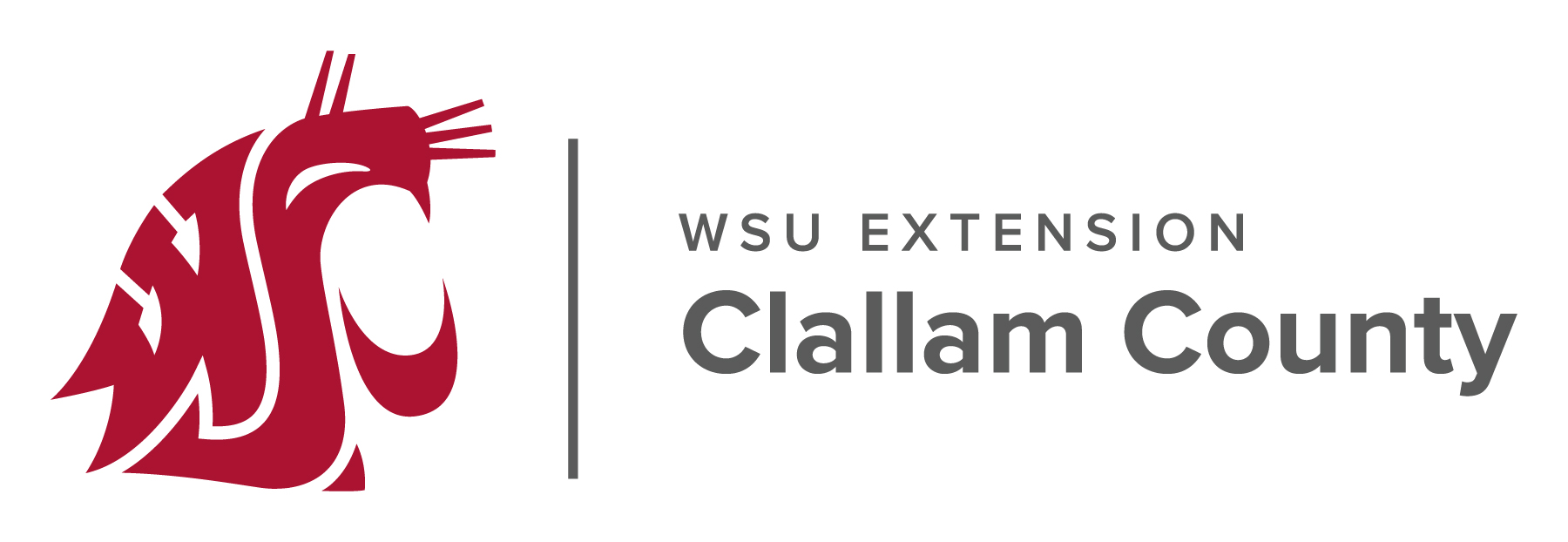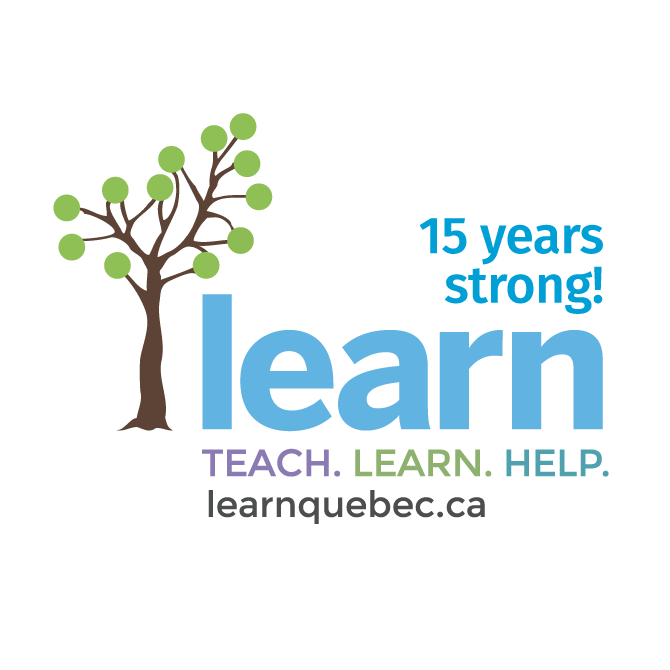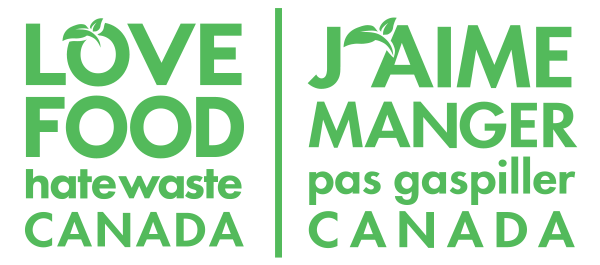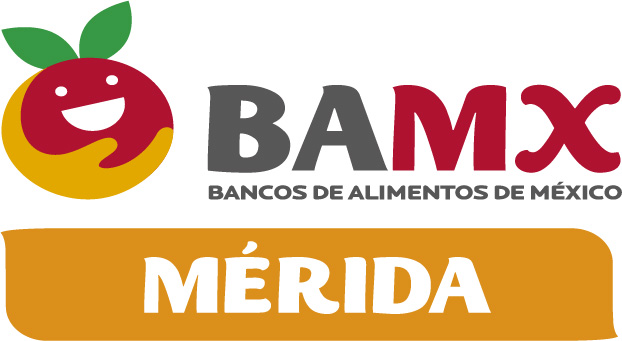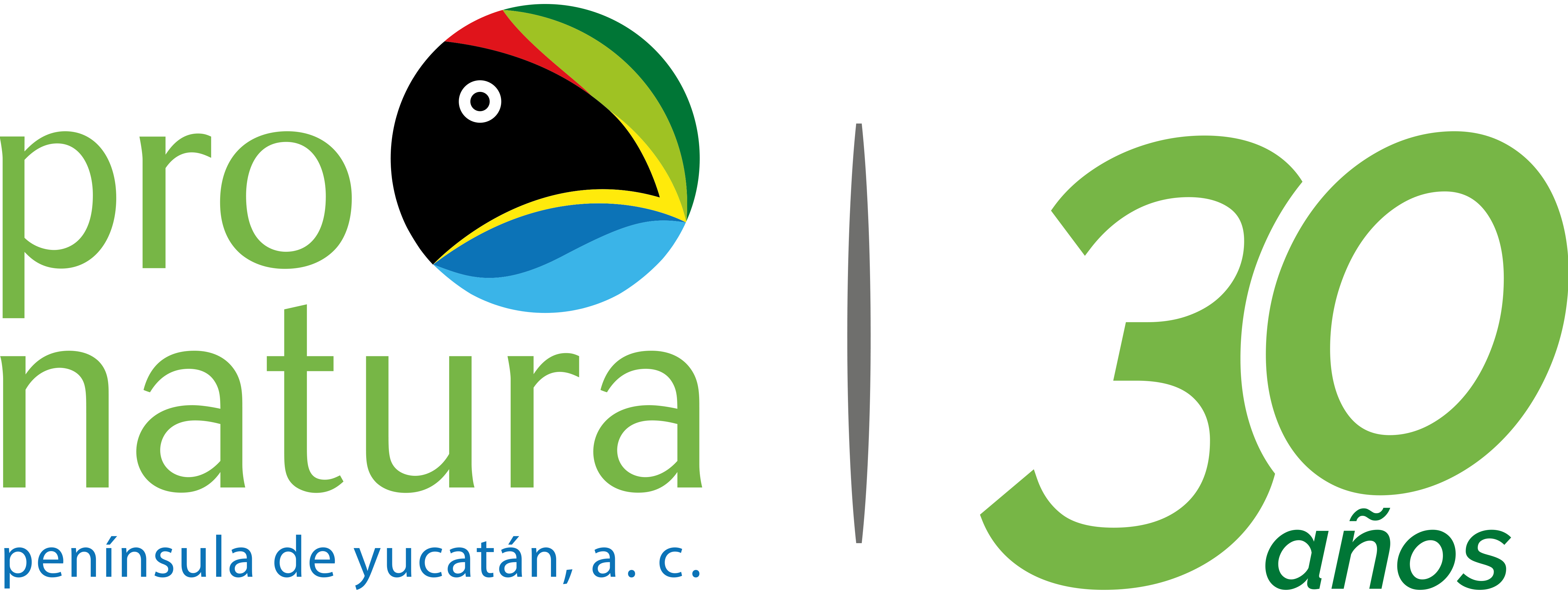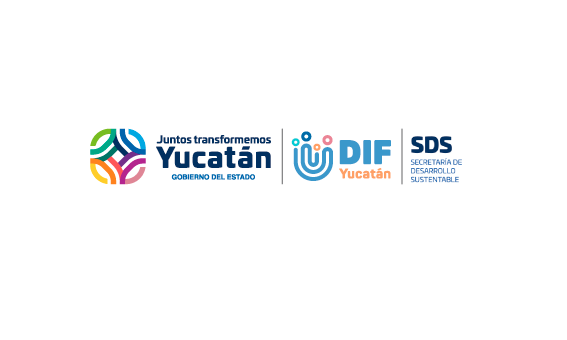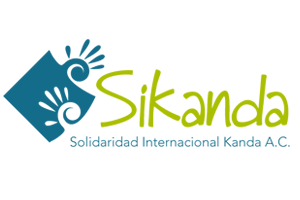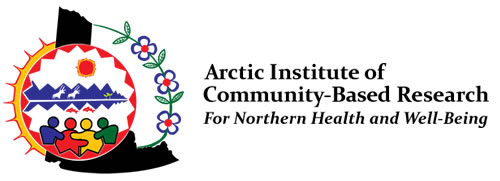Partners
Children and youth from all over North America are taking action to prevent food waste and help the environment. Thanks to our partners and collaborators throughout the region, our campaign “Reducing the Mountain of Food Waste” has reached many more schools and communities. Take a look at some of these incredible organizations and their initiatives while getting ready to take action yourself!
BAMX Network
The Red de Bancos de Alimentos de México (BAMX Network, Mexico Food Bank Network), a nonprofit civil association, has been active for almost 30 years and brings together more than 50 food banks from almost all over Mexico. Its mission is to fight hunger and improve nutrition. Working under the highest quality control and logistic management standards, the banks recover food along the entire value chain to provide to vulnerable populations. Al Rescate (To The Rescue) and Pacto por la Comida (Food Pact) are two of the programs within the network. Moreover, the BAMX Network is a founding member of The Global Foodbanking Network.
BAMX webpage (Spanish only)
Pacto por la Comida webpage (Spanish only)
Al Rescate webpage (Spanish only)
Food Waste Prevention Week
After meeting with the founders of California’s Food Waste Prevention Week in 2020, Florida collaborative decided to make Florida Food Waste Prevention Week a reality. After a wildly successful inaugural year in 2021, more states, cities and organizations have joined what has become the Food Waste Prevention Week movement. The movement has experienced huge growth in 2023, with more than 600 partners across 48 states (and 11 countries) who have joined their mission to educate and inspire real cultural change on food waste.
The planning team represents a variety of stakeholders across the food, business, government and environmental education sectors that share a passion for reducing food waste to address food insecurity in our communities, save families money, and support a healthier environment.
Sustain Ontario (Canada)
Sustain Ontario is a province-wide, cross-sectoral alliance that promotes healthy food and farming. Its mission is to provide coordinated support for productive, equitable and sustainable food and farming systems that support the health and wellbeing of all people in Ontario, through collaborative action. Sustain Ontario hosts the Ontario Edible Education Network, which supports individuals and organizations across the province to share resources, ideas, and experience and to make it easier for people across Ontario to get children and youth eating, growing, cooking, celebrating, and learning about healthy, local and sustainably produced food.
Food is Science! (By Sustain Ontario)
L’alimentation c’est de la science! (Par Sustain Ontario)
Facebook
Twitter
Ciclomanias in a Nutshell (Canada)
Ciclomanias is a social enterprise that offers a wide variety of upcycled art and crafts, including DIY kits and provides art and science- based programs. At Ciclomanias, we love upcycling, also known as creative reuse. It is the process of transforming unwanted products into new materials or products of better quality and environmental value. It offers a unique approach to learn about sustainable lifestyles in a fun and enjoyable manner.
Ciclomanias is a pioneer organization rethinking waste and contributing to a circular economy. For over ten years it has been able to play an important role in Alberta, Canada, and Mexico, particularly upcycling materials and building a culture of environmental awareness while creating green jobs and engaging with local organizations.
Second Harvest (Canada)
Second Harvest is Canada’s largest food rescue organization and is a global thought leader on perishable food redistribution. They operate at the intersection of hunger relief and environmental protection, tackling food loss and waste through food redistribution, research, awareness, and education, continually innovating and collaborating to ensure a more sustainable planet.
Second Harvest works with thousands of food businesses from across the supply chain utilizing logistics and technology to reduce the amount of edible food going to waste, thereby diverting unnecessary greenhouse gasses from entering the environment. Their inclusive model ensures this healthy surplus food is redirected to thousands of charities and non-profits across the country, providing millions of Canadians experiencing food insecurity access to the nourishment they need.
Second Harvest Partners Spotlight: The CEC (October 5, 2022)
Green Teacher (Canada)
Green Teacher is a registered charity in Canada serving a global network, and whose mission is to enhance environmental literacy among young learners by equipping both practicing and aspiring environmental educators in all educational contexts with innovative, relevant, evidence-based resources. Their quarterly Green Teacher magazine offers perspectives on the role of education in creating a sustainable future, practical articles, and ready-to-use activities for various age levels, as well as reviews of dozens of new educational resources.
Sustainable Development Unit of the City of Mérida (Mexico)
The City of Mérida’s Sustainable Development Unit organizes talks and workshops on improved nutrition, primarily to promote food independence, but also to contribute to improving our environment. The Unit also conducts outreach activities and campaigns to encourage full food use with a view to minimizing food waste.
Washington State University Clallam County Extension (United States)
Washington State University Clallam County and Clallam County Public Works partner on the Waste Prevention Program to help citizens, organizations, and businesses implement waste reduction strategies to make positive social, environmental, and economic impacts in our community.
The “Shrink Food Waste” Pilot Program: Train kids to be Food Waste Scientists
LEARN (Canada)
LEARN (Leading English Education and Resource Network) is an educational non-profit organization that supports the English-speaking community in Quebec and contributes to student success and community vitality. LEARN accomplishes this by offering a wide range of innovative & educational online resources and services. These services and resources include elementary and secondary level teaching tools and content; professional learning; community, school and parental support; as well as a full range of online services through the LEARN Virtual Campus. LEARN’s strength comes from its collaborative approach to student retention, academic success, family support and community development by working closely with both its educational and community partners to support the educational needs of the English-speaking community.
The National Zero Waste Council (NZWC) (Canada)
Launched nation-wide in July 2018, Love Food Hate Waste Canada is delivered by the National Zero Waste Council in collaboration with campaign partners to help Canadians make the most of the food they love. Originally developed in the UK by the Waste and Resources Action Programme (WRAP), Love Food Hate Waste is now a globally recognized and proven behaviour change campaign with a network of stakeholders worldwide working together to address food waste in the home. Through a collaborative, cross-sector approach, LFHW Canada is enabling Canadians to make their food go further and waste less, by offering simple actionable tips and strategies.
MÉRIDA FOOD BANK (Mexico)
The Mérida Food Bank is a not-for-profit civil association. Active in Yucatán for nearly a quarter of a century, it is a member of a national network of 55 food banks.
Our main mission is to rescue food still fit for human consumption, which we use in making nutritional packages for distribution to socially vulnerable and/or food insecure persons. Our work also serves to avoid food waste. In 2021, there are 33,000 persons registered with the food bank who are eligible to receive a nutritional package two times a month.
- Bamxmerida Facebook page (in Spanish only)
- Twitter Bamxmerida (in Spanish only)
- Instagram Bamxmerida (in Spanish only)
RECYC-QUÉBEC (Canada)
RECYC-QUÉBEC’s mission is to encourage progress in Quebec in reducing, recovering and recycling residual materials, in keeping with a circular economy perspective and the fight against climate change. A state-owned corporation, RECYC-QUÉBEC was founded in 1990 with the goal of making Quebec transition to a society without waste, a model of innovative and sustainable waste management.
Tips for teachers and parents (in French only)
Pronatura Península de Yucatán A.C. (Mexico)
Pronatura Península de Yucatán A.C. is a not-for-profit Mexican civil society organization. Its objective is to conserve flora, fauna and priority ecosystems in the Yucatan Peninsula by promoting the development of society in harmony with nature. We work in collaboration with local communities, the authorities, and like-minded national and international organizations to carry out conservation actions in the region, based on scientific and technical methods. We currently have nine programs in the following areas: conservation programs for birds, felines, sea turtles and the whale shark, sustainable tourism, sustainable rural development, fire management, and public outreach. In addition, we operate a Conservation Information Center.
Ministry of Sustainable Development and the System for the Comprehensive Development of the Family of the Government of Yucatán (Mexico)
The Ministry of Sustainable Development (SDS) of the Government of Yucatán has launched the “Yucatán Zero Waste” strategy to encourage the fullest and most effective use of waste, including organic and food waste. This will be achieved through various lines of action, especially including the development of environmental culture in society as a whole and the implementation of environmental education programs—mainly aimed at children and youth— to promote best practices for sustainable development in the state. Likewise, the System for the Comprehensive Development of the Family (DIF) is implementing outreach actions and campaigns in Yucatán, led by nutritionists and community health promoters on food care and use, to enhance the food security of Yucatecan families.
SDS’ Facebook page (in Spanish only)
Farm to Cafeteria Canada
Farm to Cafeteria Canada (F2CC) is a pan-Canadian organization which works with partners across the country to educate, build capacity, strengthen partnerships, and influence policy to bring local, healthy, and sustainable foods into all public institutions. Its activity “Farm to School” (F2S), brings healthy, local food into schools, and empowers students and school communities to make informed food choices while contributing to vibrant, sustainable, economically viable regional food systems that support the health of people, place and planet.
Worm-Action Network (Mexico)
Oaxaca City, Mexico creates 1,000 tonnes of garbage a day, and most of it is food-based. SiKanda’s youth-based Worm-Action Network uses worms to transform food and other organic waste into compost for school food gardens that feed the community. This is an example of the circular food system with youth and worms as the heroes!
Join the global food rescue movement with the touch of a button
All around the world youth are using mobile phone apps like Olio, Means Database and Food Rescue to connect with their local food networks and redirect good surplus food to feed communities. As of 2018, Olio users alone have rescued nearly 700,000 food items in 41 countries including Canada, Mexico and the United States.
Not Far from the Tree (Canada)
This Toronto, Canada-based fruit picking project began in 2008 led by a youth. Since then, volunteers have harvested about 67 tonnes of fruit that would have rotted in thousands of backyards in the City. Volunteers share the bounty, host events to raise food waste awareness and cook together, preserving their harvests into jams and ciders.
Food Rescue (United States)
Students at 500 schools across the United States are fighting food waste in their school cafeterias by redistributing edible, unopened food to local people in need. The impact is massive: one billion food items dodge landfills and go to the needy every year thanks to the program.
Indigenous Food Sovereignty (Canada)
In Northern Canada, kids in the remote community of Teechik (Old Crow) in the Yukon have learned from their ancestors for thousands of years about the role that food plays in their culture and identity, and indeed their very survival. Our Changing Homelands, Our Changing Lives is a youth-made documentary of their traditional way of life and how it is being impacted by climate change.

